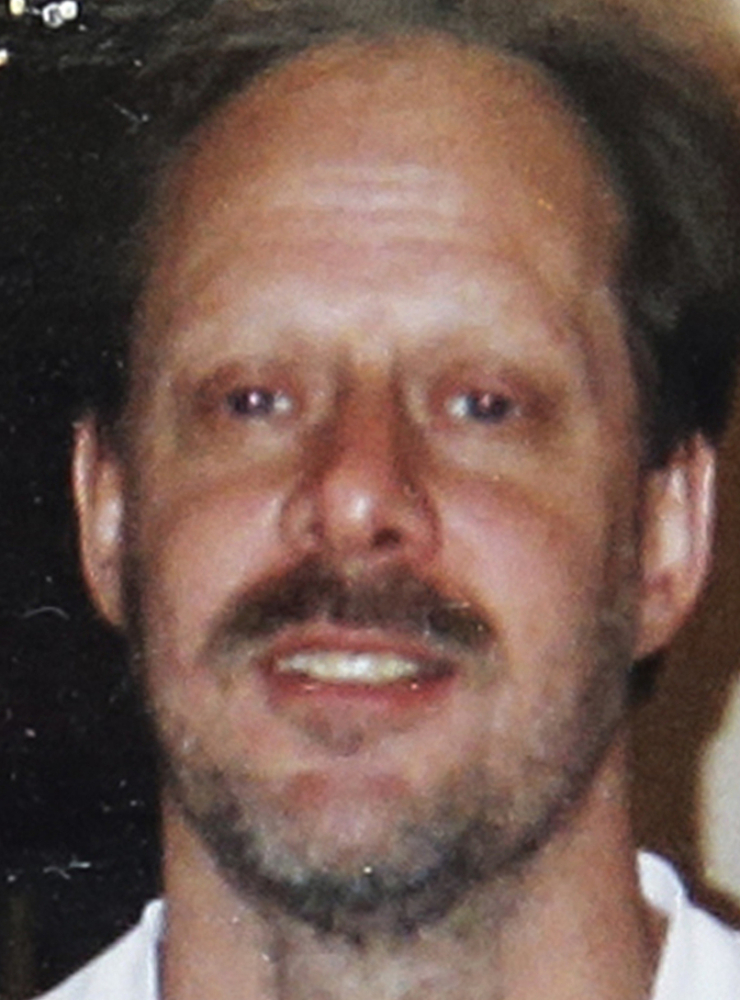LAS VEGAS — Scientists are preparing to do a microscopic study of the Las Vegas gunman’s brain, but whatever they find, if anything, likely won’t be what led him to kill 58 people, experts said.
Stephen Paddock’s brain is being sent to Stanford University for a months-long examination after a visual inspection during an autopsy found no abnormalities, Las Vegas authorities said.
Doctors will perform multiple forensic analyses, including an exam of the 64-year-old’s brain tissue to find any possible neurological problems.
The brain will arrive in California soon, and Stanford has been instructed to spare no expense for the work, The New York Times reported. It will be further dissected to determine if Paddock suffered from health problems such as strokes, blood vessel diseases, tumors, some types of epilepsy, multiple sclerosis, degenerative disorders, physical trauma and infections.
Dr. Hannes Vogel, Stanford University Medical Center’s director of neuropathology, told The Times that he will leave nothing overlooked to put to rest much of the speculation on Paddock’s health as investigators struggle to identify a motive for the shooting.
The examination will come about a month after Paddock unleashed more than a thousand bullets through the windows of a 32nd floor suite at the Mandalay Bay casino-hotel into a crowd below attending an outdoor country music festival. After killing 58 people and wounding hundreds more, Paddock took his own life with a shot through his mouth, police say.
Investigators remain frustrated by a lack of clues that would point to his motive. Authorities have resorted to putting up billboards in southern Nevada seeking tips and now the intensive brain study that medical experts say likely won’t yield definitive answers.
Send questions/comments to the editors.



Success. Please wait for the page to reload. If the page does not reload within 5 seconds, please refresh the page.
Enter your email and password to access comments.
Hi, to comment on stories you must . This profile is in addition to your subscription and website login.
Already have a commenting profile? .
Invalid username/password.
Please check your email to confirm and complete your registration.
Only subscribers are eligible to post comments. Please subscribe or login first for digital access. Here’s why.
Use the form below to reset your password. When you've submitted your account email, we will send an email with a reset code.